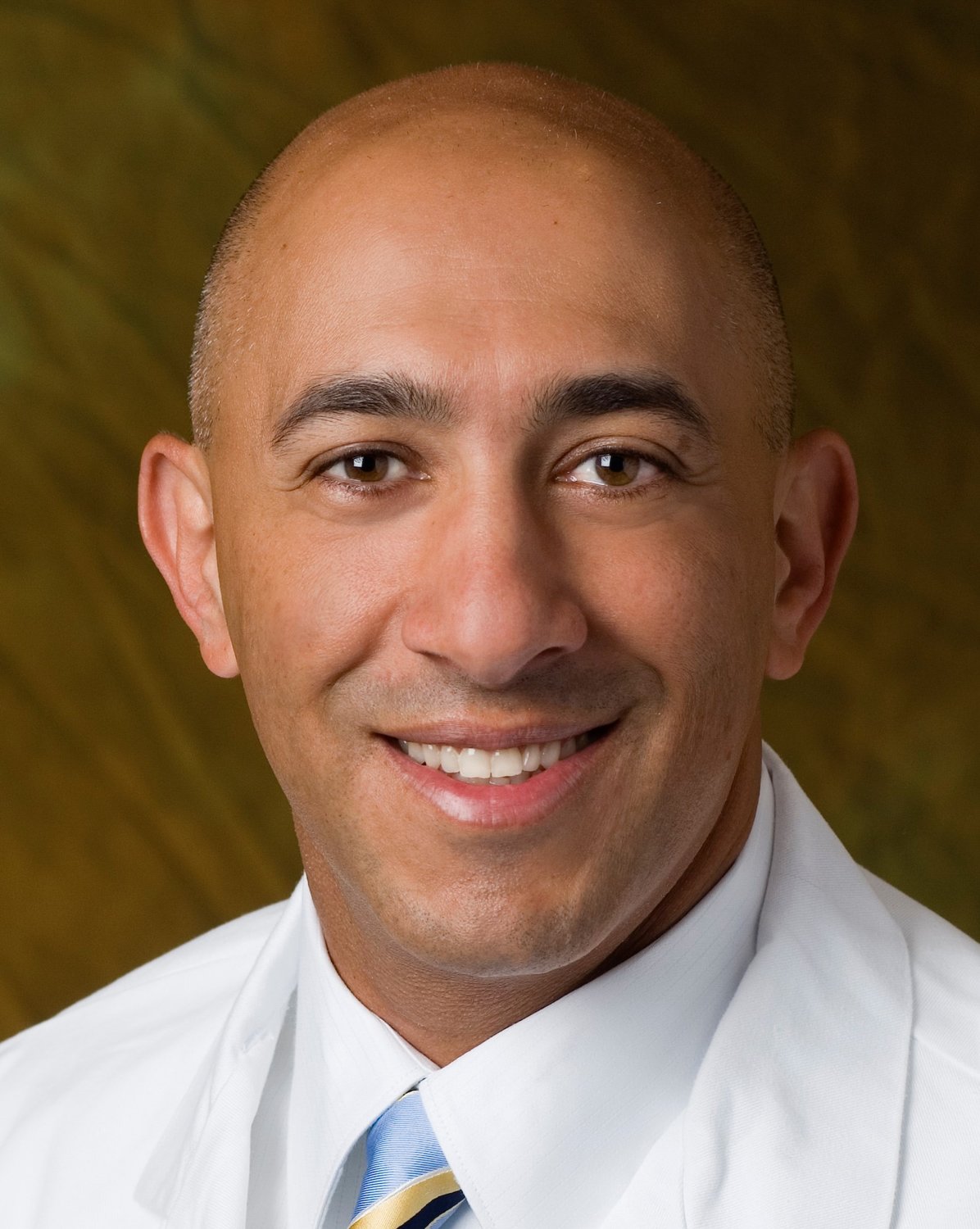Know the risks of heart valve disease
Each year, more than 5 million Americans are diagnosed with heart valve disease. If left untreated, advanced valve disease can be deadly. The condition can result in heart failure, stroke, blood clots or death due to sudden cardiac arrest when the heart stops beating.
Learning about heart valve disease symptoms and staying informed of the many available treatment options could save you or a loved one’s life. Here is everything you need to know to help protect your heart.
What is Heart Valve Disease?
Heart valve disease occurs when any valve in the heart has damage or is diseased. When this happens, the heart can’t pump enough oxygen-rich blood to the body and has to work harder to pump. While heart valve disease is less common than other forms of heart disease, it’s becoming an increasing problem. Left untreated, advanced valve disease can be deadly. It’s especially vital to diagnose and treat the condition as patients get older.
Signs and Symptoms of Heart Valve Disease
Symptoms of heart valve disease include shortness of breath, chest pain, fatigue, dizziness or fainting, fever, rapid weight gain and irregular heartbeat. Some people may mistake the signs of valvular heart disease for signs of aging. If you notice that everyday activities like walking or climbing the stairs have become more difficult, don’t brush it off. See your doctor. Some patients may not have any symptoms, which is why regular screenings are so important. The sooner we can start treatment, the better patient outcomes may be.
Treatment Options
In some cases, patients may need open heart surgery to replace diseased valves. However, major surgery may not be an option, or the best option, for certain patients.
Ascension St. Vincent’s was the first in the region to offer patients the minimally-invasive trancatheter aortic valve replacement (TAVR). TAVR allows the doctor to replace the valve through a catheter placed in an artery, rather than through open heart surgery. This is a significant benefit because patients often have a shorter hospital stay and quicker recovery. While initially designed for patients too sick or frail to have surgery, multiple recent trials have proven that TAVR is the best approach for most patients. Other valves can also be treated using a catheter or minimally invasive approach, including the mitral and tricuspid valves.
Late last year, Ascension St. Vincent’s Riverside became the first hospital in Jacksonville to receive the Transcatheter Valve Certification from the American College of Cardiology. This distinction recognizes the hospital’s commitment to treating patients receiving transcatheter valve repair and replacement procedures.
If you think you may be suffering from heart valve disease, schedule an appointment with your primary care doctor or cardiologist. Our teams of primary care doctors and cardiologists, including those at our new hospital in St. Johns County, can provide you with the care you need, when and where you need it. Yearly heart check-ups can help you maintain your heart health and catch issues in their earliest stages. Make time to care for your heart health and encourage a loved one to do the same.
Dr. Samer Garas is a cardiologist and medical director of the cardiovascular service line at Ascension St. Vincent’s. For more information on Dr. Garas and his specialty of interventional cardiology, go to Healthcare.ascension.org.







